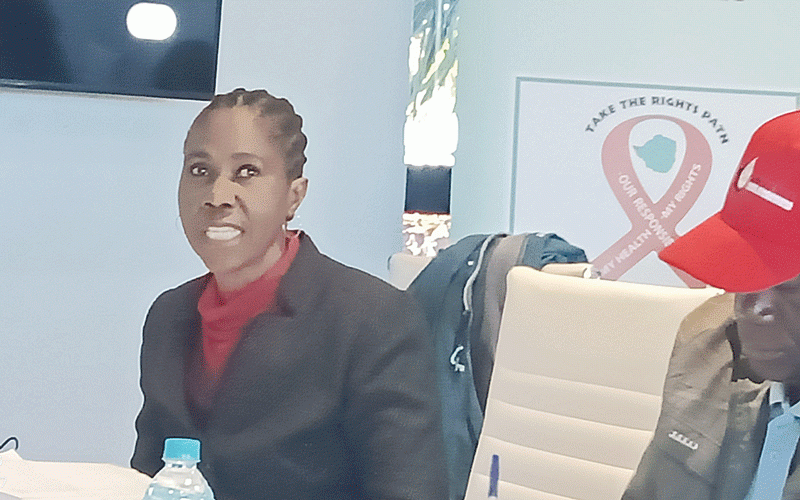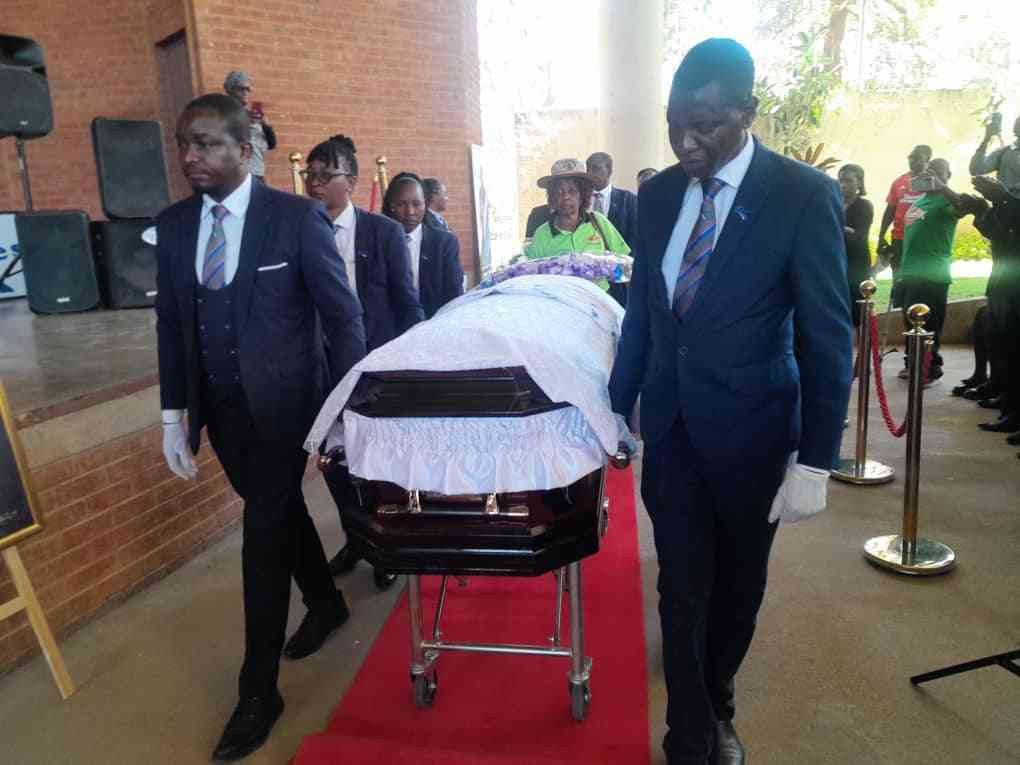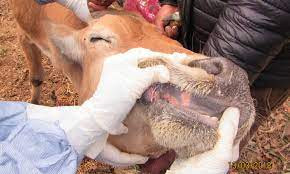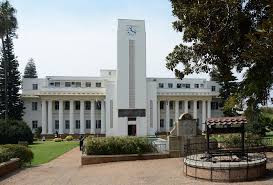
THE National Aids Council (NAC)’s programmes meant to fight against HIV and Aids were heavily derailed after United States (US) President Donald Trump early this year signed an executive order suspending foreign aid.
Zimbabwe is one of many African countries that were benefiting from US-funded donor organisations and concerns have been raised that some of the programmes that were being offered by NAC for free are hanging by the thread.
This was revealed by Bulawayo NAC manager Sinatra Nyathi at a media engagement meeting held at Blue Hill Camp in Esigodini.
“The US executive stop work order stopped funding for most of the programmes. They are no longer supporting key populations. Now there are only two genders, either you are male or female, no in between, no transgender,” she said.
“They are no longer supporting the PEP [Post-Exposure Prophylaxis] programme, which is a precaution programme. But for the prevention of mother to child programme, they are only supporting pregnant and lactating mothers. They are giving them drugs and also supporting them with treatment.”
Nyathi said prevention is a key pillar, but there was no longer support for the prevention programmes.
“So you realised that our greatest partners Population Solutions for Health (PSH) were offering these services, but they are no longer offering these services for free,” Nyathi said.
“The services are there, but with a fee. For example, if you want to be circumcised now, it’s US$20 at PSH.
- Letter from America: Is former president Donald Trump a hero or villain?
- Chidzivo, Tarakinyu clinch Kabag honours
- Letter from America: Is former president Donald Trump a hero or villain?
- The Fiddler: Is honesty the best policy?
Keep Reading
“Otherwise if you go to a private doctor, you will pay about US$200. Now it’s no longer a luxury. Even condoms are now for sell. Everything is now for sell.”
She added: “Imagine from being in that service where people go by appointment at get ART [anti-retroviral treatment] and some of them getting treatment at home, treatment delivered at your door steps, but that luxury has gone.
“It was luxury we enjoyed and it’s gone. Now we have to have to focus on my right, my health my responsibility, our responsibility.”
Nyathi said some programmes were targeting the adolescent girls in terms of reproductive health, empowering them with vocational skills, but now are no longer coming.
“So these are the gaps they we are experiencing in terms of stop work order. Actually, for Bulawayo, where we had 53 programmes, we are only left with seven programmes and the seven are just skeletal, but we actually say as Zimbabwe, we cannot be discouraged. We need to work and think of what we can do, what systems can we put in place to make sure there is no further spread of HIV,” the Bulawayo NAC manager said.
“So our encouragements as NAC is that everyone should take responsibility, from household to schools, church, community, all the institutions. We need to brace ourselves and say what can we do for our people and Zimbabwe. We are saying we are leaving no place or anyone behind. We need to put our hands together. Time for luxury is gone.”
Meanwhile, Bulawayo NAC programmes co-ordinator Douglas Moyo speaking during the same meeting said for the year 2025 programme data, Bulawayo province had 6 673 expected pregnancies, but recorded 3 779 pregnant women in antenatal care (ANC), which was 57% of the expected pregnancies.
“3 779 pregnant women booked for first ANC with a known HIV positive result,” he said.
He said there were more females than males that were tested for HIV, adding that out of the 5 744 males HIV tested, 292 (5%) tested positive and out of the 15 992 women who tested, 547 (3%) tested positive.
Moyo said out of the 5 096 who were tested for HIV in the age group of 20 to 24 years, 134 tested positive, with the highest positivity of 3% recorded among females.
He said the overall positivity in the 0 to 24 years was 2% for both males and females.
On HIV testing services for the 25 + age group, the data shows that the highest HIV tests were recorded in the 25-29 years, followed by the 30 to 33 years, with 4 164 and 3 025, respectively.
Moyo said the HIV testing services post-test linkages show that the majority of referrals were to HIV prevention programmes that include condoms, Pre-Exposure Prophylaxis (PrEP), PEP and Voluntary Male Medical Circumcision.
He said in all the referral services, more females than males were re-offered, except in the sexually transmitted infection (STI) cases, where there were more females by 13 (970 males and 983 females).
From the 1 260 males and 1 134 females STI clients tested for HIV, 43 males and 63 females tested positive.
The organisation recorded new 1 075 male and 1 148 female STI clients.
“We are seeing a trend where more men came for testing than women and we are still wondering (why) . . . We need to investigate,” Moyo said.
For the year 2023, Moyo said 1 040 Aids-related deaths were recorded, with 532 being males and 507 being females.










